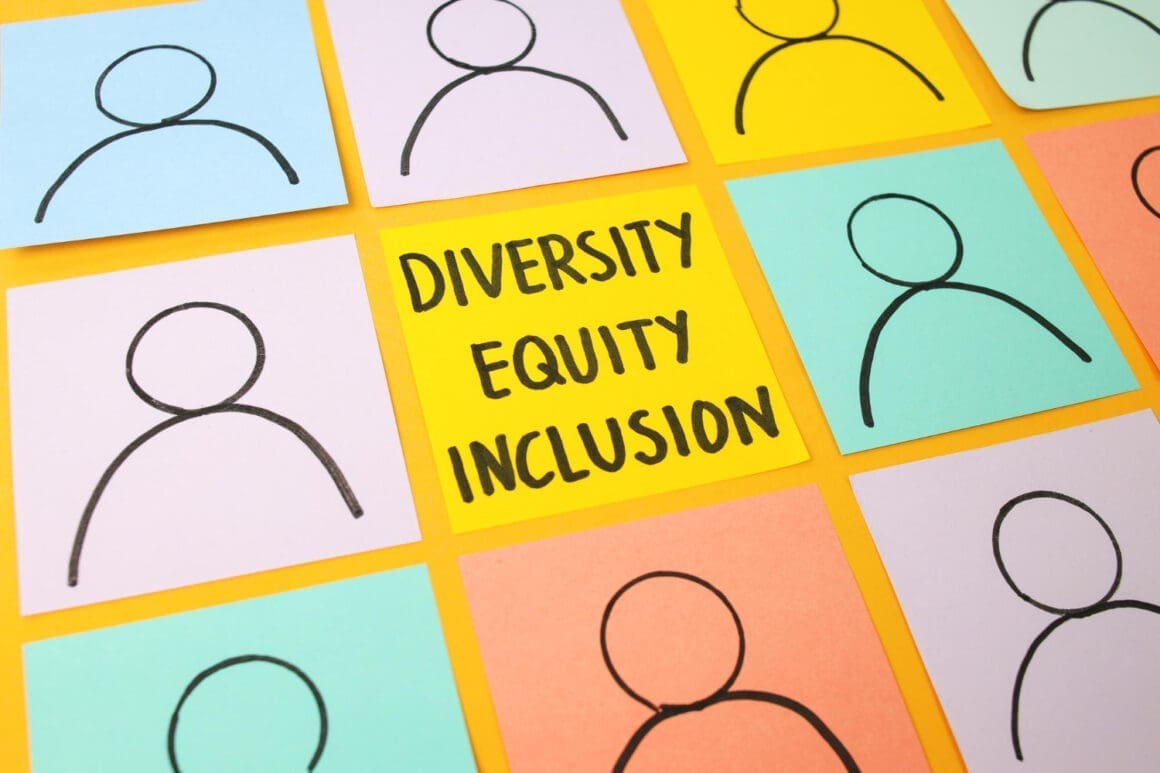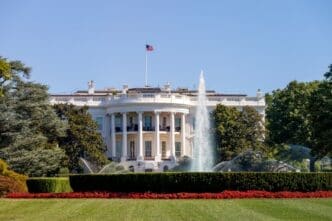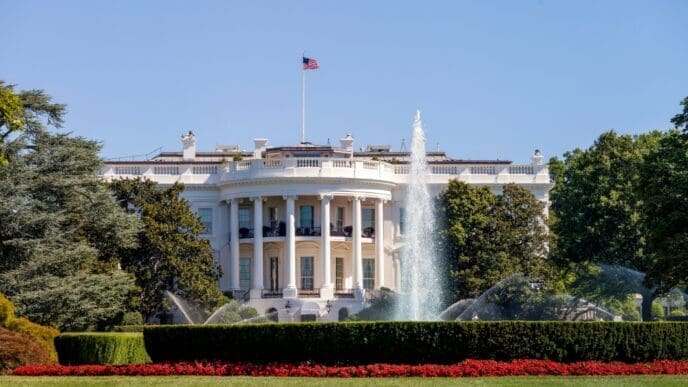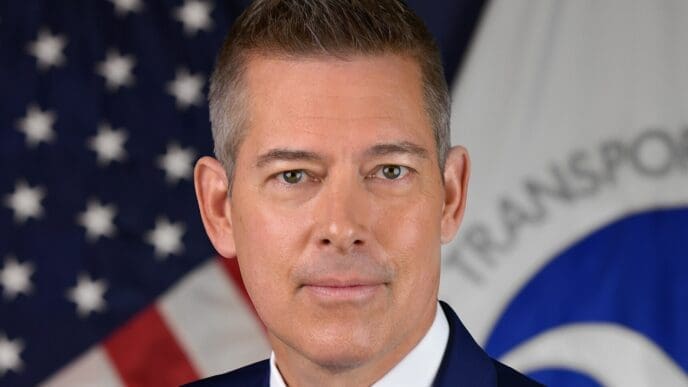The National Association for the Advancement of Colored People (NAACP) urges African Americans to direct their spending power towards companies that uphold diversity, equity, and inclusion (DEI) initiatives. This call comes amidst increasing pressure on businesses to abandon such programs.
The NAACP’s new spending guide highlights which brands have continued their commitment to DEI and those that have retracted. According to the McKinsey Institute for Black Economic Mobility, Black Americans are projected to spend nearly two trillion dollars on goods and services by 2030. Derrick Johnson, the president of the NAACP, emphasized the importance of diversity in the global economy, stating that businesses rejecting multiculturalism risk being left behind. “Diversity is better for the bottom line,” he declared.
Keisha Bross, an economic strategist with the NAACP, clarifies that they are not advocating for a boycott but encouraging consumers to invest in companies aligning with their values. The campaign invites everyone, regardless of background, to utilize the Black Consumers Council. It’s a step towards fostering inclusive corporate practices.
The NAACP is actively engaging with executives from large corporations like Lowe’s, Target, Walmart, Amazon, Meta, McDonald’s, and Tractor Supply, who have been identified as rolling back their DEI policies. The list is dynamic, with updates expected as companies either recommit to or retract from their DEI initiatives. Companies such as Costco, Apple, Ben & Jerry’s, Delta Airlines, and JPMorgan Chase are praised for maintaining their DEI commitments.
This movement emerges as various entities, including corporations and governments, face mounting pressure to abandon DEI policies amidst backlash from conservative circles. Notably, the Trump administration had issued an executive order aimed at terminating DEI-focused programs within federal agencies, prompting legal challenges for potentially infringing civil rights laws.
The ongoing discussions empower Black communities to make informed decisions about their financial expenditures. Johnson asserts the necessity of providing a framework for these communities to decide where to allocate their hard-earned money in alignment with ethical business practices. Legal challenges continue against the previous administration’s efforts to curb DEI initiatives, with cases pending against major corporations over their diversity policies.
The NAACP’s initiative not only highlights the economic influence of African Americans but also underscores the importance of supporting businesses that prioritize diversity and inclusion. As debates surrounding DEI policies persist, the guide serves as a tool for consumers to make informed spending decisions aligned with their values.












